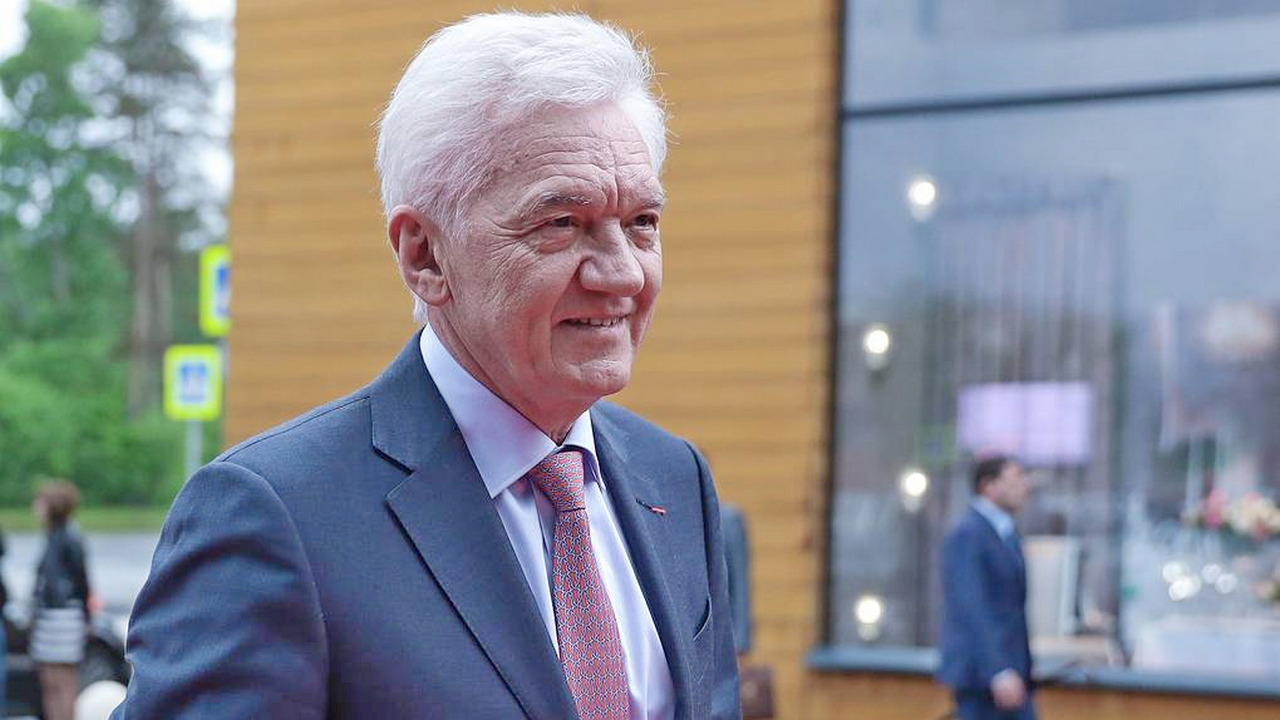Interview with the founder and owner of the investment group «Volga Group» Gennady Timchenko

Russian entrepreneur, founder and owner of the Volga Group investment group Gennady Timchenko, in an interview with TASS, spoke about charitable assistance and the supply of medical equipment in the fight against coronavirus, the work of companies during the pandemic and his own experience of self-isolation.
I would like to first express my support to our government and personally to Mikhail Vladimirovich Mishustin, who, just two months after the appointment, had to take over the solution of the most difficult problems caused by the epidemic. As for the plan, I would refrain from any assessments, especially since it is still a project. But I hope that attention will be paid to the development of the regions, support for small and medium-sized businesses, preventing the growth of unemployment and social support for vulnerable groups. I strongly support plans to improve the quality of education, develop domestic tourism and the agro-industrial complex. And as a business representative, I believe that our main task now is to preserve enterprises, and therefore working places.
Most of the companies where I am a co-owner belong to the real sector of the economy. Among them there are those that must ensure a continuous production cycle. Therefore, the possibilities of the remote work mode for them are very limited. I am grateful to the management for the high-quality and prompt restructuring of business processes in the new conditions. In particular, the companies «Sibur» and «Novatek» when organizing the continuous work of employees on a rotational basis, do everything possible to ensure their safety. But we know that there is no hundred-percent protection against coronavirus yet. And where cases of infection do occur, management makes tremendous efforts to save people and reduce risks. For example, after an outbreak of the disease in the Murmansk region, Novatek organized and financed the expansion of the infectious diseases department in the regional clinical hospital of Murmansk by 280 beds, fully equipping it with oxygen equipment and lung ventilation equipment.
2.9 billion rubles – these are the funds of our family, which over the past two and a half months have been donated to charitable assistance as part of anti-epidemic efforts. As early as March we learned from foreign experience that there would be great demand for medical supplies and safety gear. All covid-affected countries faced an acute shortage of such items. Therefore, my management company Volga Group immediately began planning orders in China, using all the opportunities and business connections. As of April, 1.3 billion rubles were actually spent, but then it became clear that more medical supplies would be needed. In addition to charitable purchases, we tried to take into account the urgent requirements of certain regions that needed prompt assistance with medical supplies. So we all in all we arranged supplies of medical equipment and safety gear for Russia worth nearly 13 billion rubles. 48 regions, including Moscow and the Moscow Region, St. Petersburg, Tula Region, Khakassia, Kemerovo Region, Khabarovsk Krai and others, received timely support. So that you understand the volumes: during this time, 20 flights were arranged from China over that time. This means 10 thousand cubic meters of cargo: nearly 3 thousand ventilators or more 20 million units of personal protective equipment.
Volga Group was responsible for organizing and conducting purchases. The aid went to ensure the anti-crisis work of the Timchenko Foundation, as well as being passed on to regions within the framework of the agreements reached with them. We serve the common cause. As of late March, practically all Volga Group employees left their usual tasks and started from scratch the complex process of purchasing, storing and transporting medical supplies. The fund team closely interacts with them. I believe that colleagues have successfully passed the baptism by fire. Indeed, our flights with medical supplies were the first to deliver in Russia.
Despite our good working relationship with this country, there were difficulties. Just when we placed the first orders, the Chinese legislation regulating the export of medical products was tightened. In particular, the state’s control over the quality of exported medical products has increased, which led to additional organizational difficulties. We had to take great efforts to ensure that the goods were promptly delivered to Russia. I am very grateful to our Chinese partners, the Russian-Chinese Business Council, the Russian Embassy in the PRC, and our trade mission for their help. I would also like to thank the representatives of Minzdrav (Public Health Ministry) and Roszdravnadzor (Federal Service of Russia for the Oversight of Public Health and Social Development), Rospotrebnadzor (Federal Service for Consumer Rights Protection and Human Welfare of Russia), Rosaviatsiya (Federal Air Transport Agency of Russia), Federal Customs Authority and other agencies for their support. Small quantities of safety and decontamination gear were also sourced in Russia; my wife and daughter were in charge of that.